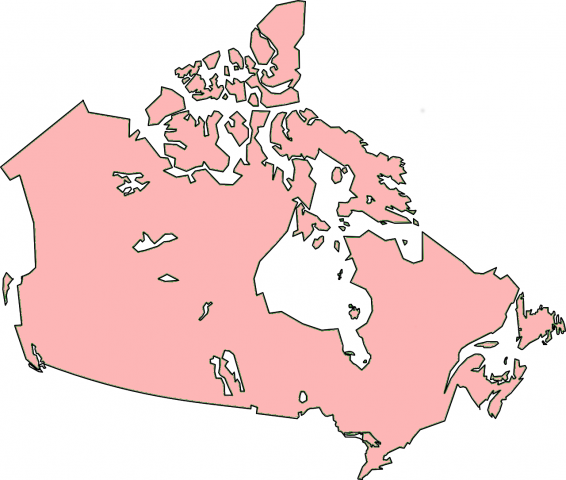Food Allergy Labels in Canada
This article focuses on the law surrounding the food allergy labelling in Canada, so you can be kept informed when travelling. Previous articles have covered the allergy labels and what they must contain in the USA, EU, Japan, Australia and New Zealand, so check out those region specific articles if travelling there or just to find out more.
Canada has taken a similar stance to the USA, EU, Australia and New Zealand in the antigens that must be labelled in packaged foods, as the Big 8; tree nuts, peanuts, wheat, egg, milk, soybean and seafood (which in terms of Canada encompasses fish, crustaceans and shellfish) must all be identified. In addition to these antigens, Canada also requires sesame and mustard to be stated as antigens on food labelling as well as sulphites (sulfites).
In terms of coeliac disease, only food that has been processed or formulated specifically to prevent gluten inclusion can be labelled as gluten free and levels of gluten under 20 parts per million due to cross contamination in gluten free products have been considered safe for consumption for those with coeliac disease. For more information, visit the Health Canada website.

